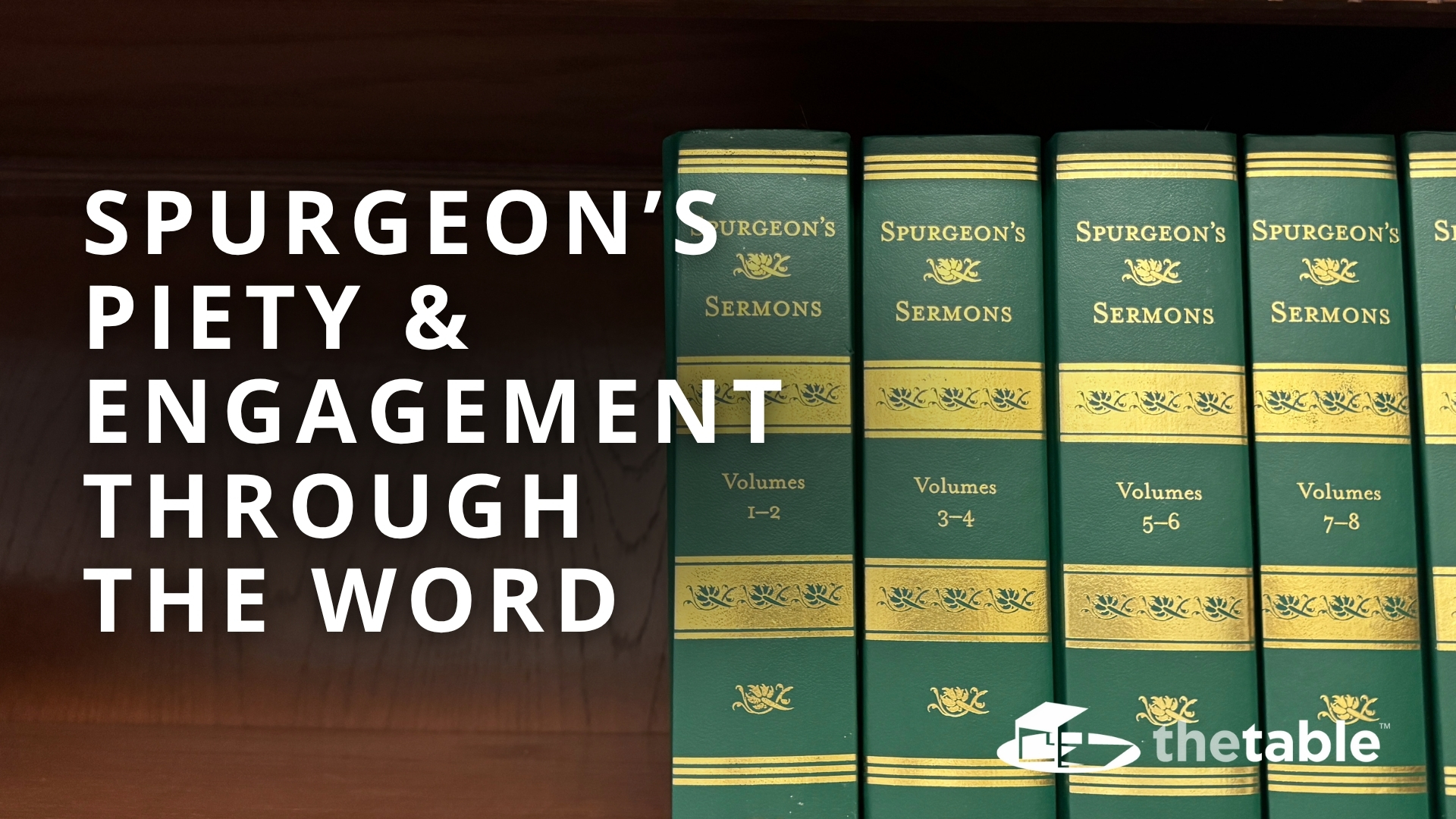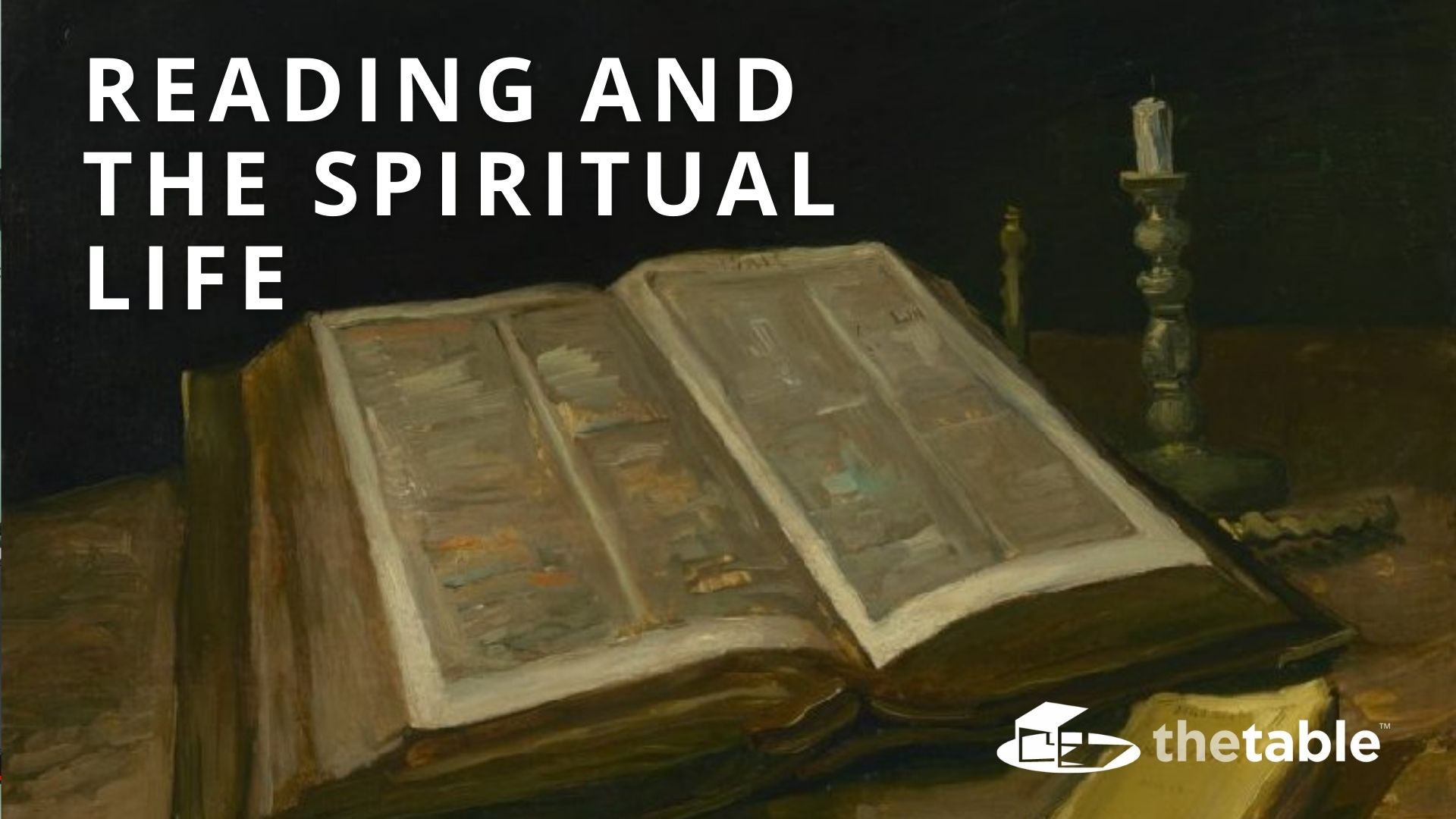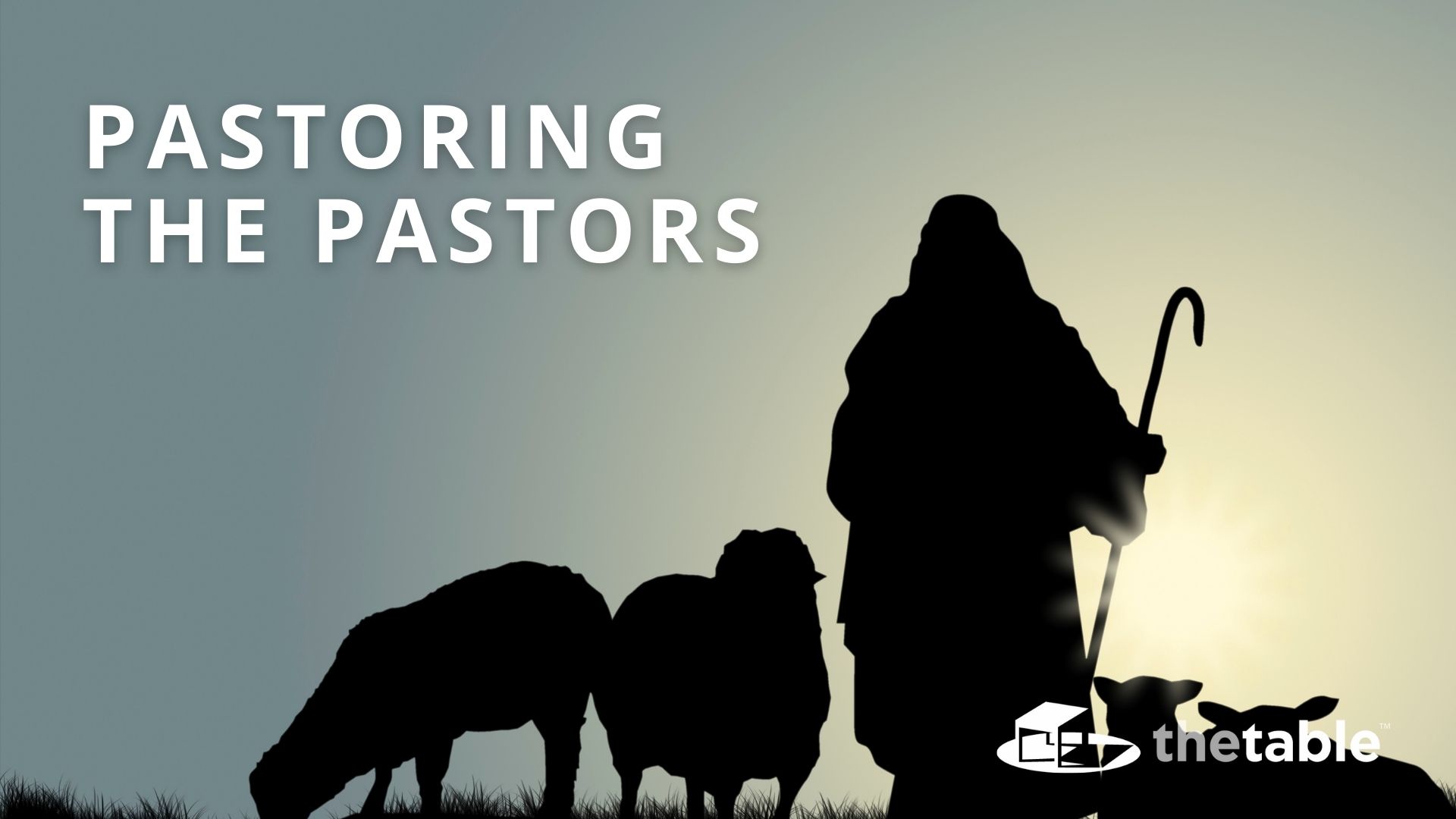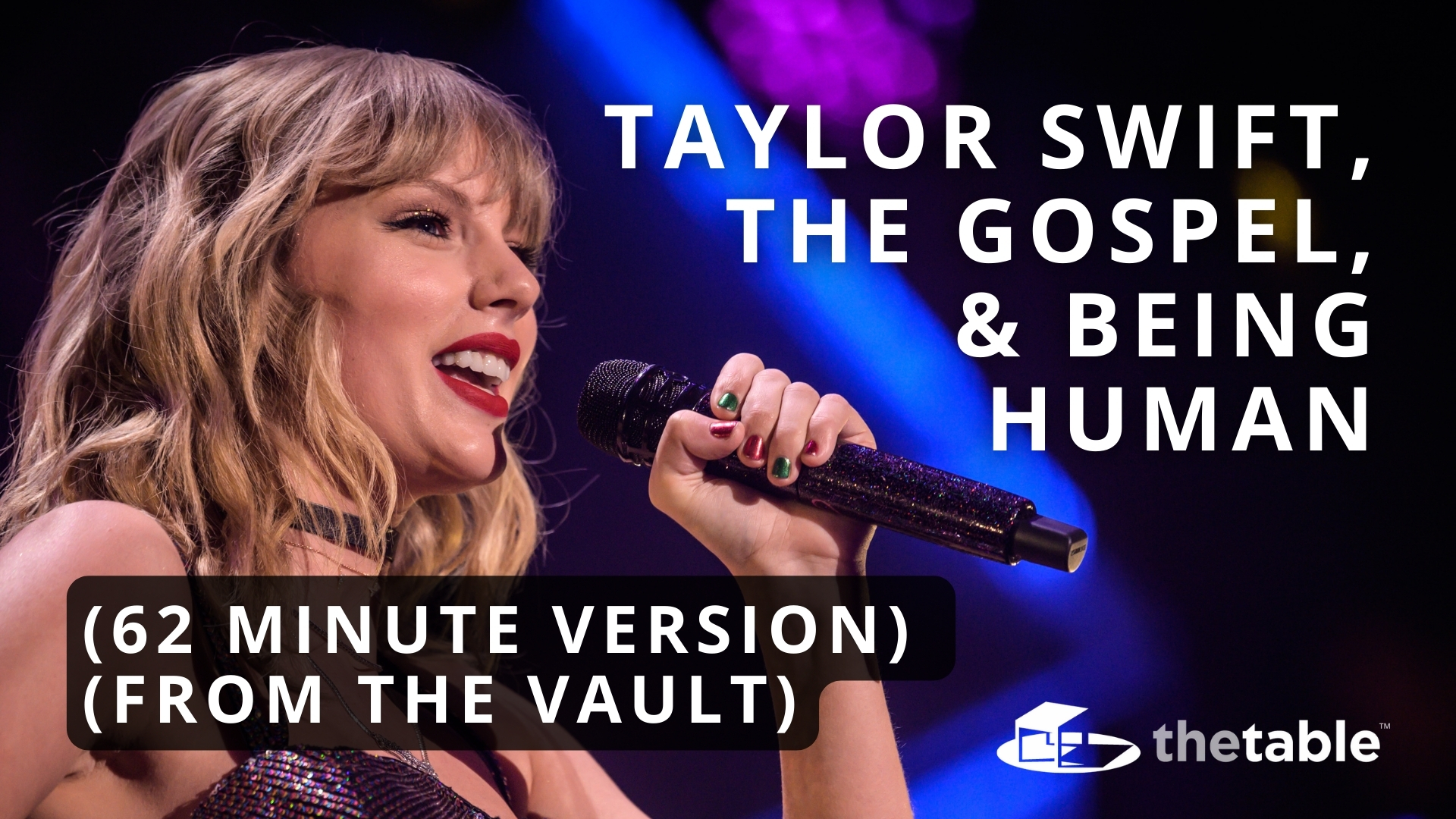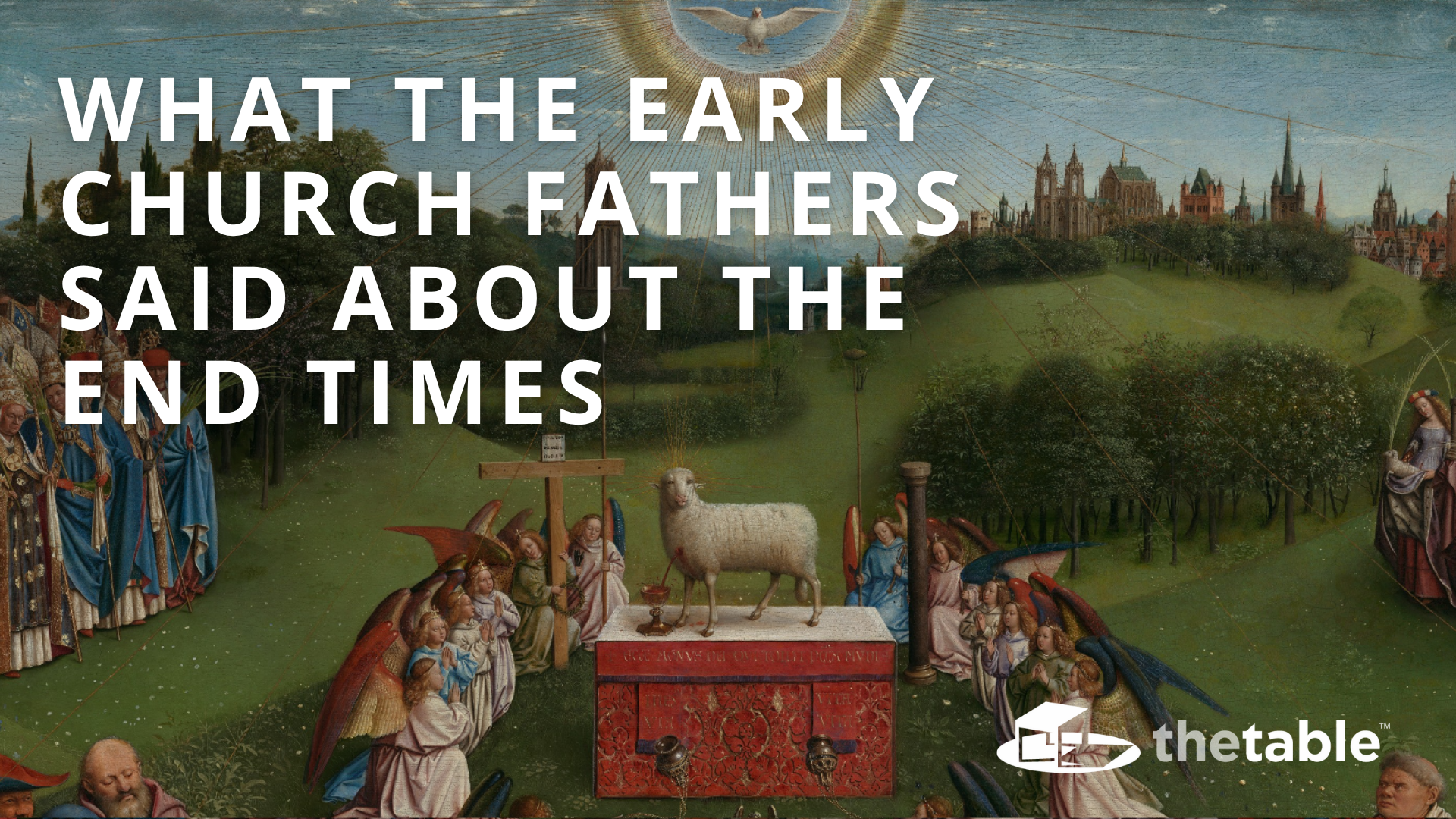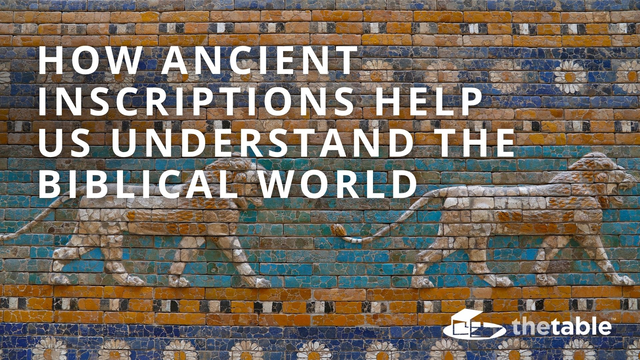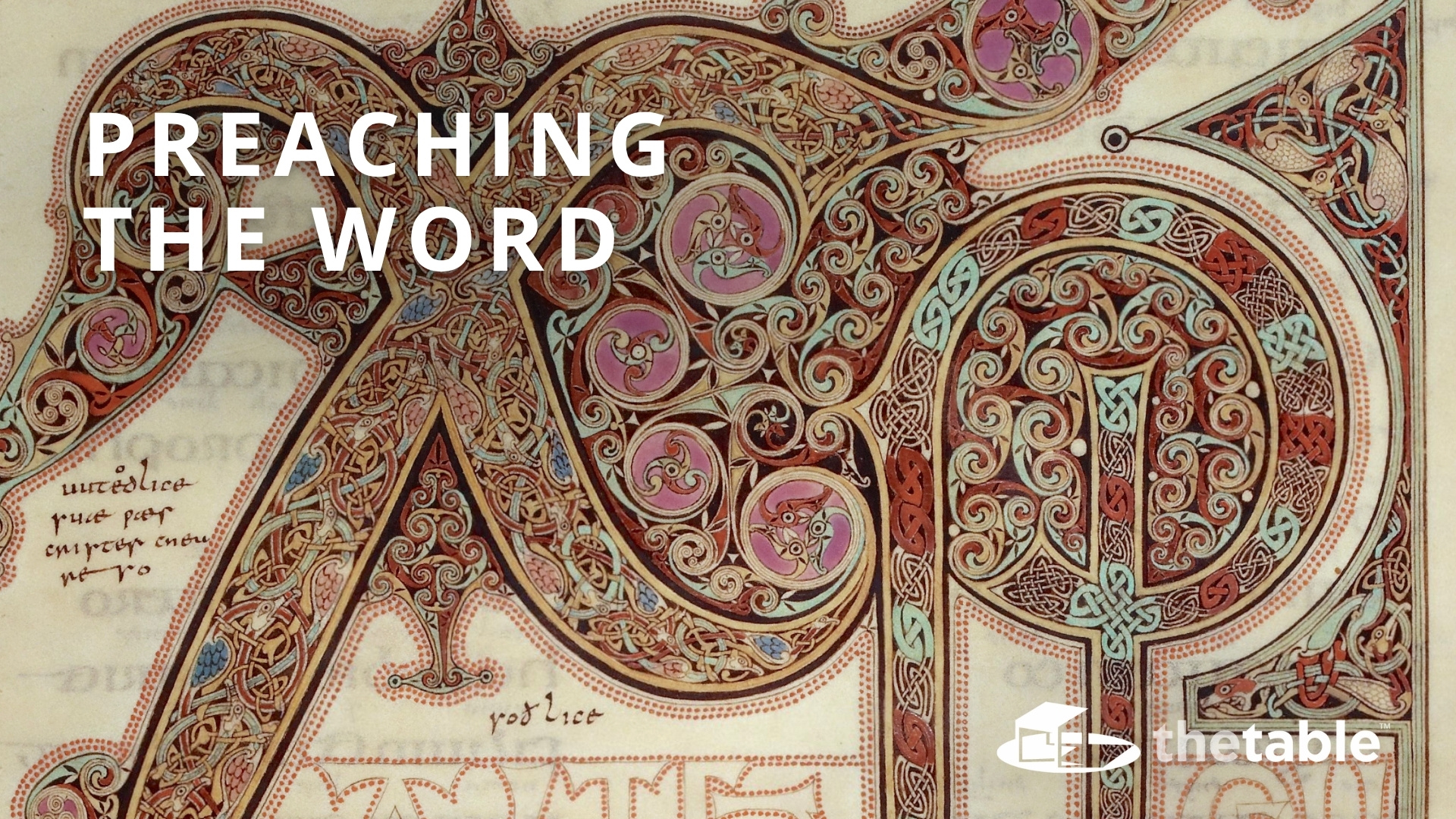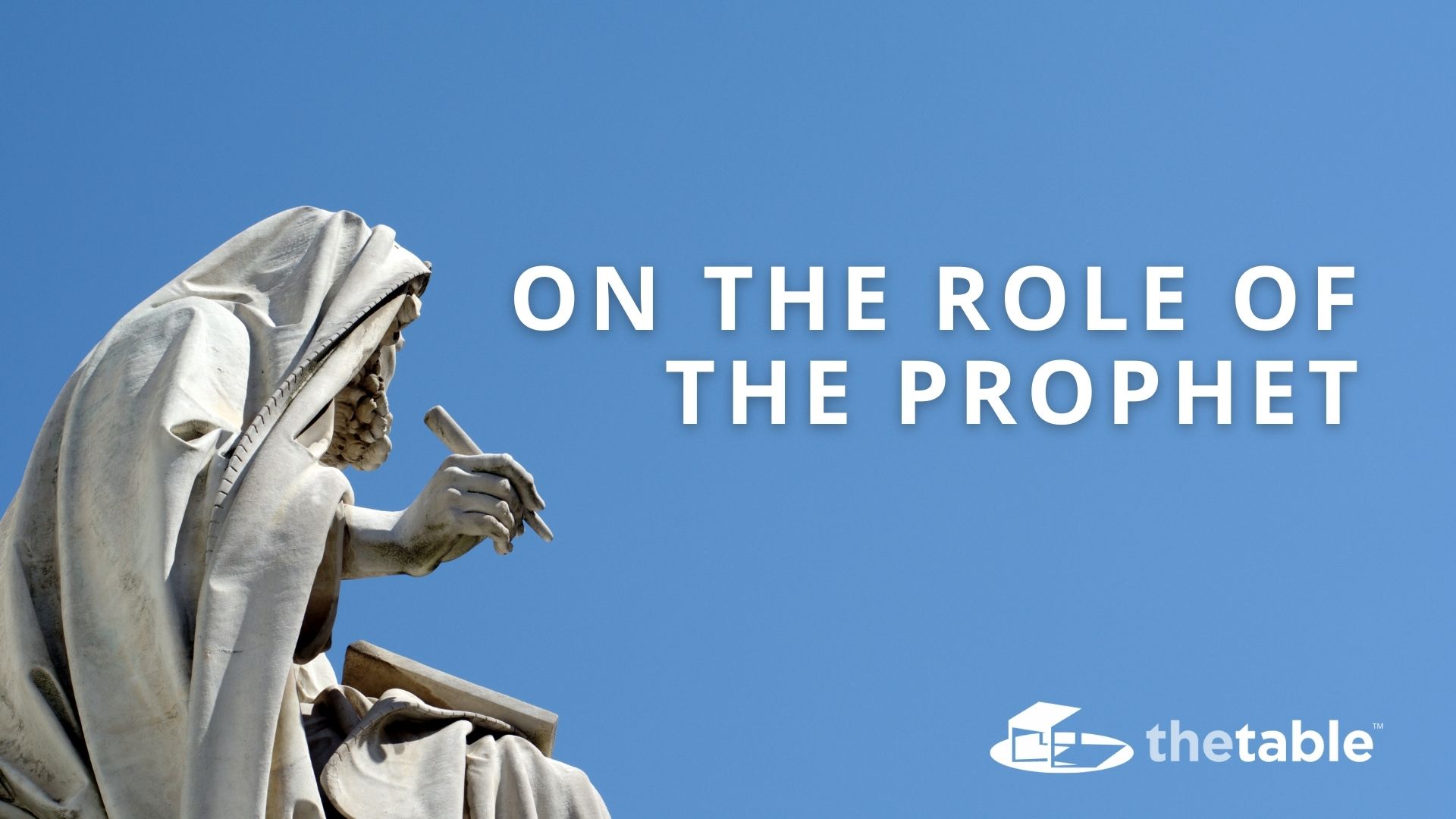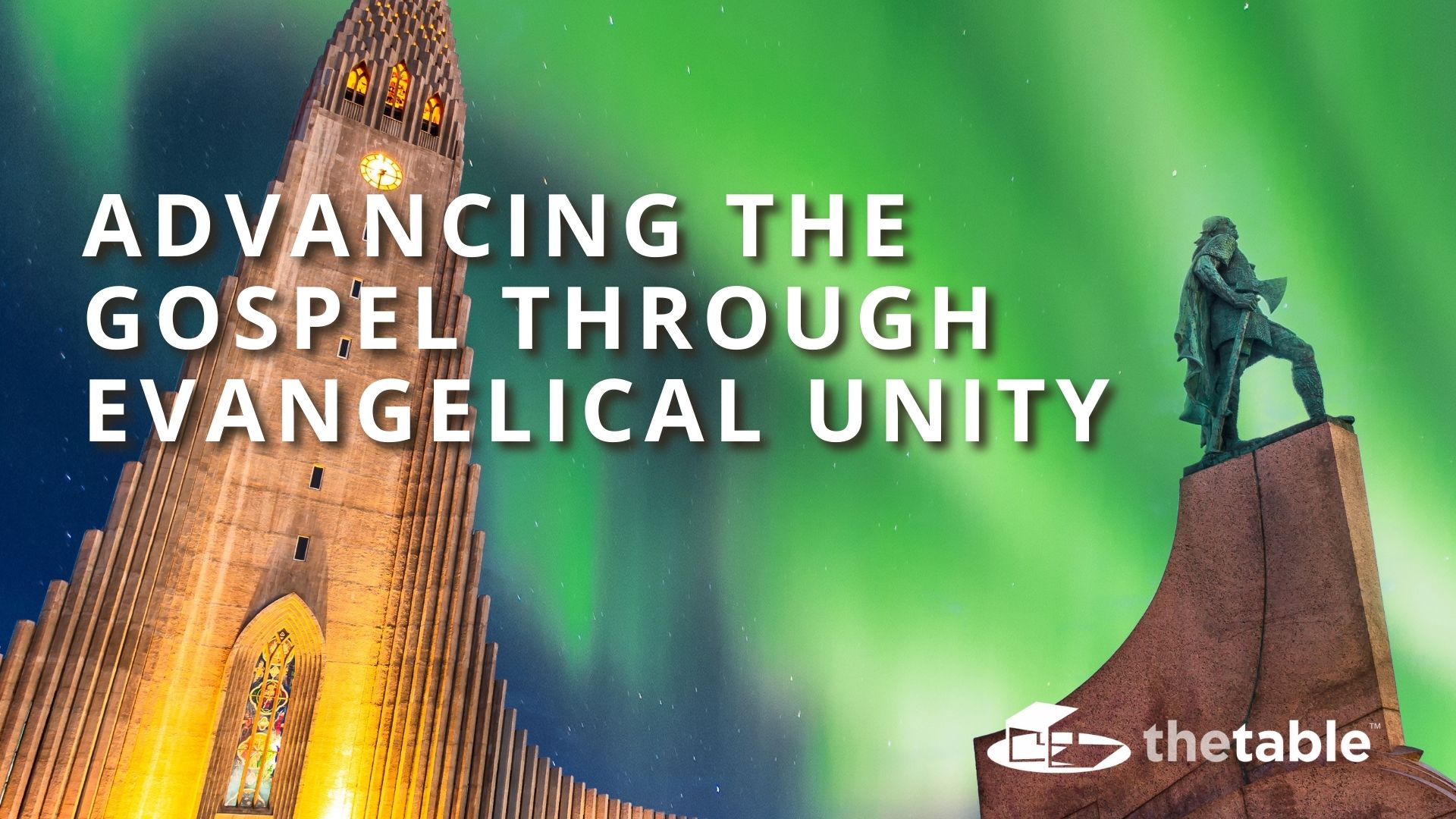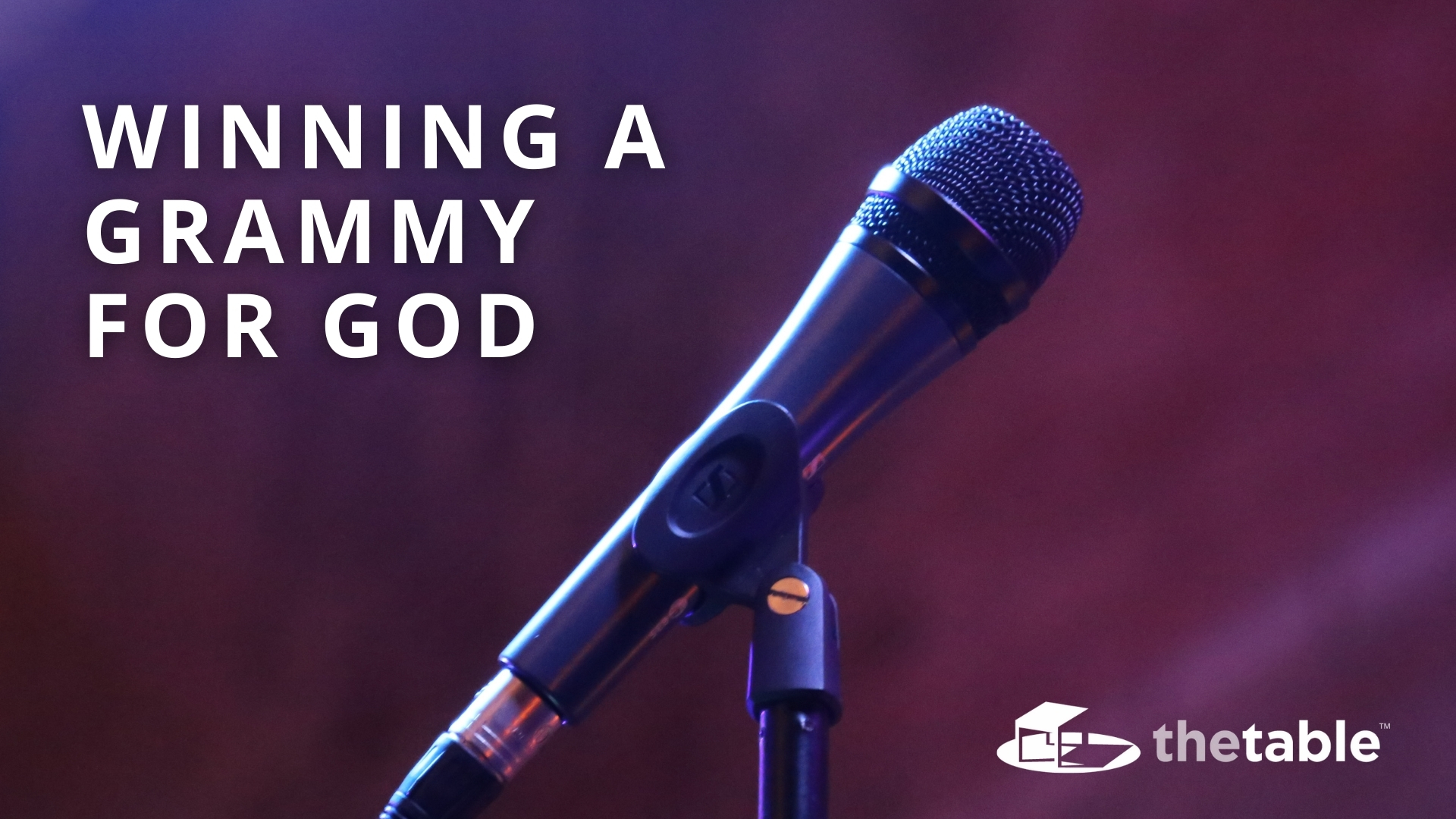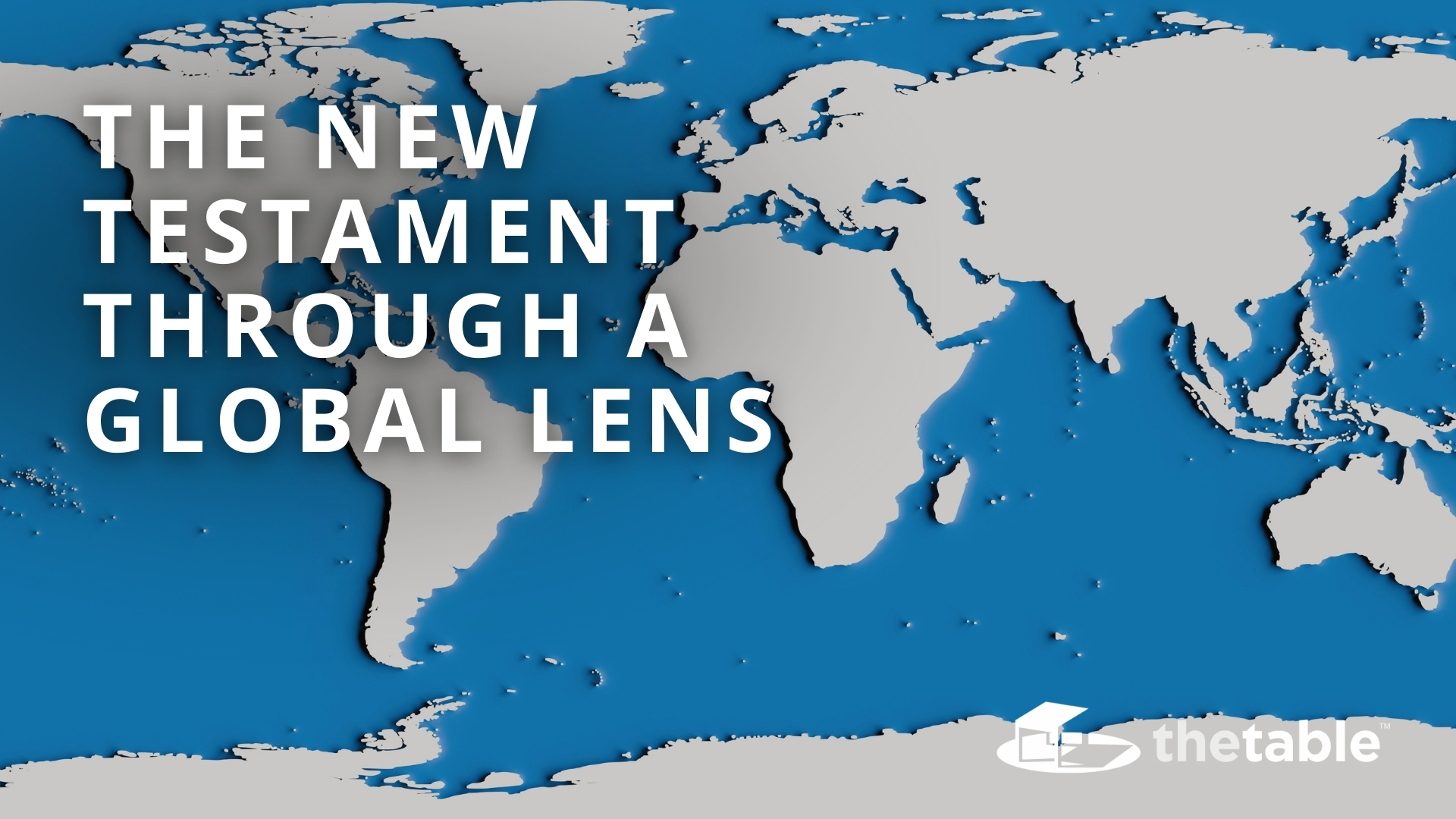Spurgeon's Piety & Engagement Through the Word
Description
Darrell Bock:
Welcome to The Table where we discuss issues of God and culture. I'm Darrell Bock, Executive Director for Cultural Engagement at The Hendricks Center at Dallas Theological Seminary.
And we thank you that you are a part of our discussions, where we seek to show the relationship between God and culture and the relevance of that connection to everyday life. And we have a guest today, Keeney Dickinson, who's here to talk about the, how can I say this? The ministry and particularly the prayer ministry of Spurgeon, who didn't even live in the United States. Right?
Keeney Dickenson:
Right.
Darrell Bock:
But a ministry that has had a long reflective time of engagement. Let me introduce him. He has served as senior pastor First Baptist Church in Crockett, Texas since 2003. He serves as a prayer ministry specialist for the Southern Baptists of Texas Convention since 2021, DMin in biblical spirituality from South Southern Baptist Theological Seminary, founder and prayer director, and I may ruin the pronunciation of this, but is it Prayeridigm?
Keeney Dickenson:
Yes, it is.
Darrell Bock:
Okay. And author of seven books and his most recent book, Spurgeon: the Prayer-Powered Pulpit of the Prince of Preachers. And if you don't believe in alliteration, you don't get that title. And he's married to his best friend and prayer partner, D'Ann. So Keeney, thank you for joining us and we're glad that you could be a part of The Table.
Keeney Dickenson:
Well, I'm delighted to be here, and appreciate the opportunity to visit with you.
Darrell Bock:
So my first question is standard for anyone who's done The Table for the first time, and that is, how did a nice guy like you get into a gig like this? What in the world drew your attention to this topic and how did you come… I guess I'm asking you, how did you come into ministry to begin with and then why Spurgeon secondly?
Keeney Dickenson:
Yes. As a teenager I began to sense a call from God to be in the ministry, which petrified me. I was a very strong introvert and couldn't imagine getting up and speaking. I dropped one class in high school, and that was creative writing because I didn't want write something and get up and present it and get critiqued. And now, I do that every week. But as a teenager, I began to pursue that call, and a lady at a small Bible bookstore put in my hands the Lectures to My Students by Charles Haddon Spurgeon.
Darrell Bock:
And that triggered your interest. Now, how did you end up in the ministry? Biblical spirituality, which it's interesting. How did you end up in that area and particularly focused on prayer? What drew you in that direction?
Keeney Dickenson:
Well, it came out of crisis. I was at Glorieta, New Mexico at a national conference, came under a deep conviction of the Lord that I was more acquainted with the minds of men than the heart of God. And I repented of that, went on a book fast, which was huge for me. It ended up being about three years, where I just spent time in prayer, filling my mind with scripture. And I began to see the longer I was in ministry, the desperate need I had for communion and fellowship with the Lord in every aspect of life and ministry.
Darrell Bock:
Well obviously, an important calling. And I take it you were in pastorates before you were in Crockett, is that correct?
Keeney Dickenson:
Yes. We were in a community, Eunice, New Mexico for 13 and a half years before we came to Crockett, and been here 21 years, and two other places prior to that.
Darrell Bock:
So, a lot of pastoral experience is what that reflects. And a prayer ministry specialist for the Southern Baptists of Texas, I'm assuming, was that a new position or was that a position that had previously existed?
Keeney Dickenson:
It had been kind of a combination position in the past, and they moved it to where I could pastor and do this as well. And so that's when I came on board. So I minister through that out of the overflow of my pastoring, with some Zoom coaching with pastors, prayer training in local churches, and a variety of other ways to strengthen the prayer ministry within our churches.
Darrell Bock:
So obviously, our theme is not just on Spurgeon, but obviously also related to prayer. What do you tell people who want to come to the workshops that you do, in terms of why should they do it?
Keeney Dickenson:
Well, one aspect of it is that we try to not simplify prayer, but simplify our view of prayer, get back to the basic of a relationship with God. And as far as pastors answering the question why before the try. Why do you want your people to pray? Is it a means to an end, or is there significance just in the act of prayer and getting them in the presence of God together, and keeping that in perspective? I think over the time, we've been guilty of putting the try before the why and in a lot of areas of ministry.
Darrell Bock:
So, I take it then the workshop isn't so much about just the personal prayer life of the pastor, but how he can foster an environment of prayer within the congregation?
Keeney Dickenson:
Yes, yes. We do have a workshop that we do on Christ's life of prayer, tracing his walk with the father and his earthly life and ministry, according to the gospel according to Luke. And then we build everything out of that into the Acts of the Apostles and look at how they prayed. And that that prayer movement in Acts really began with Jesus and his personal walk with the Father, modeling that and teaching the apostles to follow his example.
Darrell Bock:
Well, anyone who's pushing people to take a look at Luke–Acts is on my favorite list, so that's great to hear. So let me shift gears on Charles Haddon Spurgeon. Let's assume that someone in the audience, they may know the name, but that may be all they know about this figure. Tell us about why he's important in ministry and why you focused on him.
Keeney Dickenson:
Well, he was born in 1834, lived in England. He pastored most of his time in London. The church was known as the New Park Street Church, and then a larger building was built and it was named the Metropolitan Tabernacle. He touched the world from that pulpit, and had a profound impact on that city through what was called The Penny Pulpit. His sermons went around the globe every week. That was a new development with The Penny Papers. It was accessible to the public and his sermons would be printed and distributed.
And he had a profound ministry from the pulpit, but also in what I would call the tributaries of the Tabernacle that went out into the social aspects of London, to the extent that when he died, his funeral was composed of multiple services for different groups, but his funeral procession, as it went through the City of London, shops were closed, drapes were over the windows, the whole area shut down to honor him. It'd be similar to a presidential procession or when Billy Graham died. So he had a profound impact then and now on our lives through his writings, which is the largest group of writings by an English author. When you look at his Metropolitan Tabernacle Pulpit, it contains more words than the Encyclopedia Britannica.
Darrell Bock:
Oh my goodness. Well, that's interesting to know. You know, I had a conversation, this has been within the last year, with a student who is studying Spurgeon's public engagement, what we would call cultural engagement approach to the ministry. And what's interesting about it, is you mentioned his ministry in public space, which I think most people don't know very much about.
But actually, he represents someone who was committed to the Bible on the one hand, but saw Christianity very much as a holistic faith in reaching out into all kinds of areas. I know that you focused on the prayer-powered pulpit of Spurgeon, but how much can you tell us about that aspect of his mission? Because I think it would be viewed as exceptional today and not the norm for a pastor to operate that way.
Keeney Dickenson:
Yes. He had between 60 and 70 ministries that were tributaries out of that congregation. Each of them had an annual banquet at which he spoke. So you take that and do the math, more than one a week on average, one point something. But him preparing and leading out on that, giving direction to that. It involved ragged schools for the poor, almshouses for the widows, a little bit of public education to help people improve themselves. And then surely, theological education, and then an orphanage known as the Stockwell Orphanage.
During his years of ministry, he pastored in the midst of cholera epidemics that left children parentless, and he was a contemporary of George Mueller, and also went into the ministry there of the orphanage, had a ministry to the police officers. The list goes on and on.
Darrell Bock:
So George Mueller, he'd be in touch with German pietism as a result. Right? And that strand of, how can I say, spirituality that comes out of that movement?
Keeney Dickenson:
Yes. And he was mostly shaped spiritually by the influence of the Reformation, the Puritans, and people such as George Whitfield and Jonathan Edwards and Andrew Fuller.
Darrell Bock:
Okay. So the dates of his ministry, I'm asking you questions, I don't even know if may or may not know the answer, but he ministered, you said when he was born, but what were the dates of his ministry?
Keeney Dickenson:
He began minister

